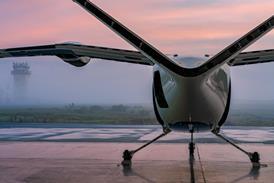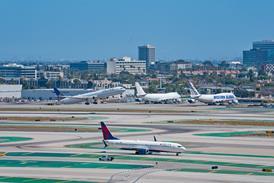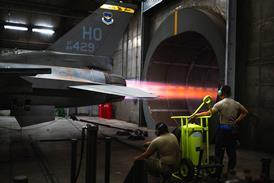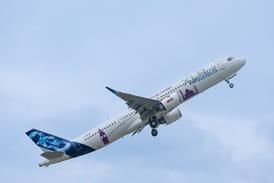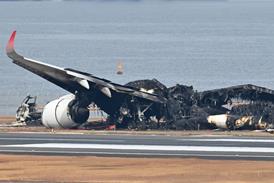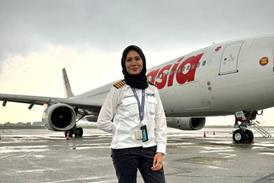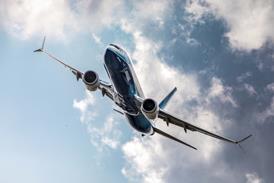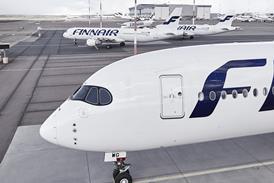The traditionally strong partnership between US airports and airlines is weakening, with airports warning carriers to phase out noisy aircraft or lose the ability to expand operations.
Meanwhile, in the ongoing aircraft noise debate, the Geneva, Switzerland-based Airports Council International (ACI) has revealed that, despite using its influence in the International Civil Aviation Organisation's (ICAO's) Committee on Aviation Environmental Protection (CAEP) to press for quieter aircraft, its recommendation was outvoted in favour of allowing noisy aircraft to remain in service indefinitely (Flight International, 23-29 January).
US airports have failed to deliver on promises of lower noise, says the body's North American council (ACI-NA), which blames the US Federal Aviation Administration for allowing airlines to sidestep the 1990 Airport Noise and Capacity Act by hushkitting old aircraft and continuing to fly them.
"We've been promising people quiet operations for a long time but we have not delivered," says ACI-NA president David Plavin, adding that the oldest 20% of the USA's jet fleet produces 60% of aircraft noise at airports.
The catalyst for Plavin's comments has been the CAEP failure to recommend a phase-outdate for Chapter 3 aircraft noise standards.
Plavin - in harmony with ACI Geneva - insists that the CAEP should have proposed a 14dB cumulative approach/departure noise reduction for the new Chapter 4 standards, instead of the 10dB reduction recommended to the ICAO Council. Most modern aircraft can meet the 14dB cumulative reduction target, he says.
ACI Europe is meanwhile struggling to combat what it regards as potentially draconian environmental legislation emanating from the European Parliament. A range of policy issues once solely the province of the European Commission - with which ACI says it has a good working relationship - are now subject to a co-decision process, meaning that MEPs can amend proposals with potentially sweeping results.
ACI Europe director general Philippe Hamon says it recently staved off an amendment that was "staggering, with no scientific basis whatsoever. It was asking that by 2020 nobody in or around an airport be able to suffer noise greater than that of a public library."
Source: Flight International

